In 2025, mental health care is undergoing a revolutionary transformation. Technology, once seen as a distraction from mental wellness, is now a critical partner in improving it. Artificial intelligence (AI), virtual reality (VR), and other digital tools are creating accessible, personalized, and stigma-free solutions for people worldwide.
From AI-powered therapy apps that provide instant emotional support to immersive VR treatments that help treat anxiety and PTSD, the future of mental health is digital — and it’s already here. This article dives deep into the most impactful AI-enhanced mental health technologies shaping 2025.
1. The Growing Mental Health Crisis and the Role of Technology
Globally, mental health challenges are at an all-time high. According to WHO estimates, over 1 billion people now live with some form of mental disorder, ranging from mild anxiety to severe depression.
Traditional therapy remains effective, but it is often:
- Expensive – limiting access for low-income populations
- Time-consuming – requiring weeks to find an available therapist
- Stigmatized – making people avoid seeking help altogether
This is where AI and digital tools step in. They bridge the gap between demand and availability, offering 24/7 mental health support and breaking geographic, financial, and social barriers.

2. AI-Powered Therapy Apps: The Digital Therapist in Your Pocket
In 2025, AI therapy apps are no longer just novelty tools — they are legitimate mental health solutions recognized by medical professionals.
How They Work
These apps use:
- Natural Language Processing (NLP) to understand user input in text or voice form
- Machine Learning to adapt responses based on user behavior
- Emotional AI to detect sentiment and tone
They can:
- Offer coping strategies for anxiety, depression, or stress
- Track mood changes over time
- Provide guided meditation and breathing exercises
- Suggest when to seek professional help
Popular AI Therapy Apps in 2025
- MindSense AI – Offers CBT-based conversations with emotional tone detection
- SerenityBot – AI that combines journaling prompts with mindfulness practices
- TheraLink AI – Connects users to human therapists if AI detects severe distress
The Benefits of AI Therapy Apps
- 24/7 Availability – Mental health support whenever it’s needed
- Privacy & Anonymity – Encourages users who fear stigma
- Affordability – Much cheaper than in-person therapy
- Data Insights – Helps track long-term mental health patterns
3. Virtual Reality (VR) Mental Health Treatments
Virtual reality is no longer just for gaming — in 2025, it is a therapeutic powerhouse.
How VR Supports Mental Health
- Exposure Therapy – Safely confront fears (e.g., public speaking, flying)
- PTSD Treatment – Simulate controlled environments for trauma processing
- Anxiety & Stress Reduction – Immersive relaxation environments
- Mindfulness Training – Guided meditation in calming virtual worlds

VR Therapy Platforms in 2025
- CalmScape VR – Immersive environments for anxiety relief
- NeuroVR Heal – PTSD therapy with safe exposure scenarios
- MindfulVR – Mindfulness and meditation worlds with AI-guided narration
4. AI Meets VR: The Future of Immersive Healing
The most exciting development is AI + VR integration. AI personalizes VR therapy sessions in real time based on biometric feedback (like heart rate or eye movement).
Example: If a VR session detects rising stress levels, AI can instantly change the environment from a bustling city to a quiet forest, lowering anxiety.
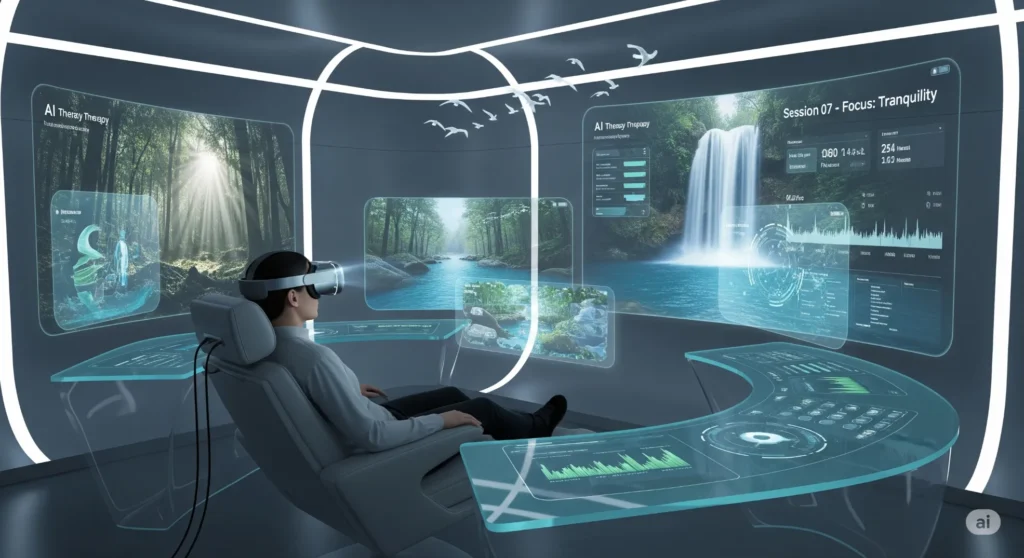
5. The Rise of Digital Mental Health Ecosystems
In 2025, we’re seeing not just individual apps, but entire ecosystems combining AI, VR, wearables, and teletherapy into one integrated platform.
These ecosystems track:
- Mood patterns
- Sleep quality
- Physical activity
- Stress triggers
AI then creates personalized wellness plans that integrate therapy sessions, relaxation techniques, and lifestyle adjustments.
6. Challenges and Ethical Considerations
While the benefits are clear, AI mental health tech also brings challenges:
- Data Privacy Risks – Sensitive mental health data needs top-tier security
- Over-reliance on AI – Some users may avoid seeking human help entirely
- Bias in AI Models – Risks of inaccurate or culturally insensitive responses
Ethics boards and mental health professionals are working to establish strict guidelines for safe AI mental health use.
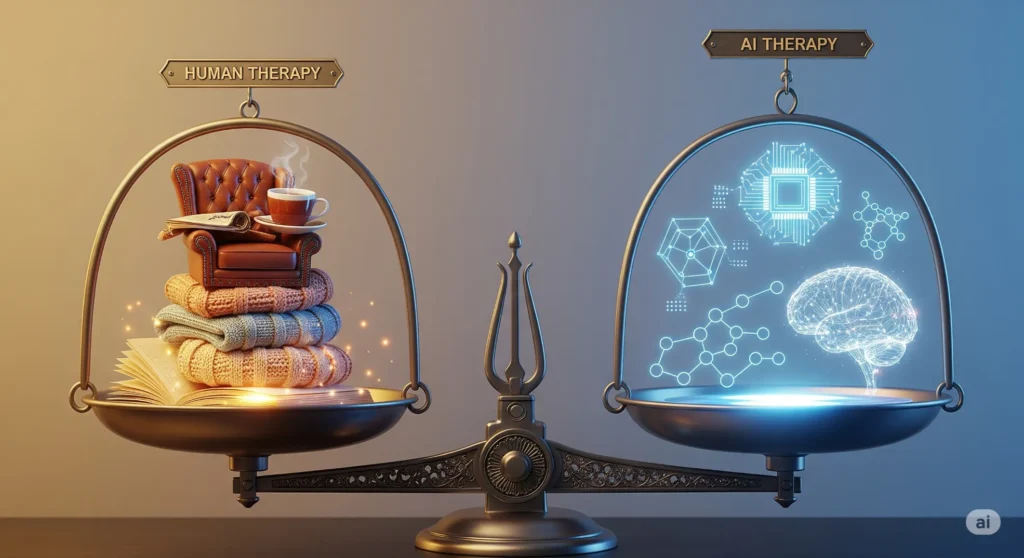
7. Looking Ahead: The 2030 Vision
By 2030, experts predict that AI-enhanced mental health tech will become a standard part of healthcare systems worldwide. Government health departments may fund AI therapy subscriptions, and VR mental health clinics could become as common as gyms.
The goal? Universal access to mental health care without financial or geographical barriers.
Final Thoughts
In 2025, the stigma of mental health treatment is fading — thanks largely to AI and digital tools. Whether through an AI-powered therapy app or a VR mindfulness retreat, technology is making mental health support more accessible, affordable, and personalized than ever before.
While human empathy can never be replaced, AI-enhanced mental health tech is proving to be an invaluable ally in the journey toward better mental wellness.
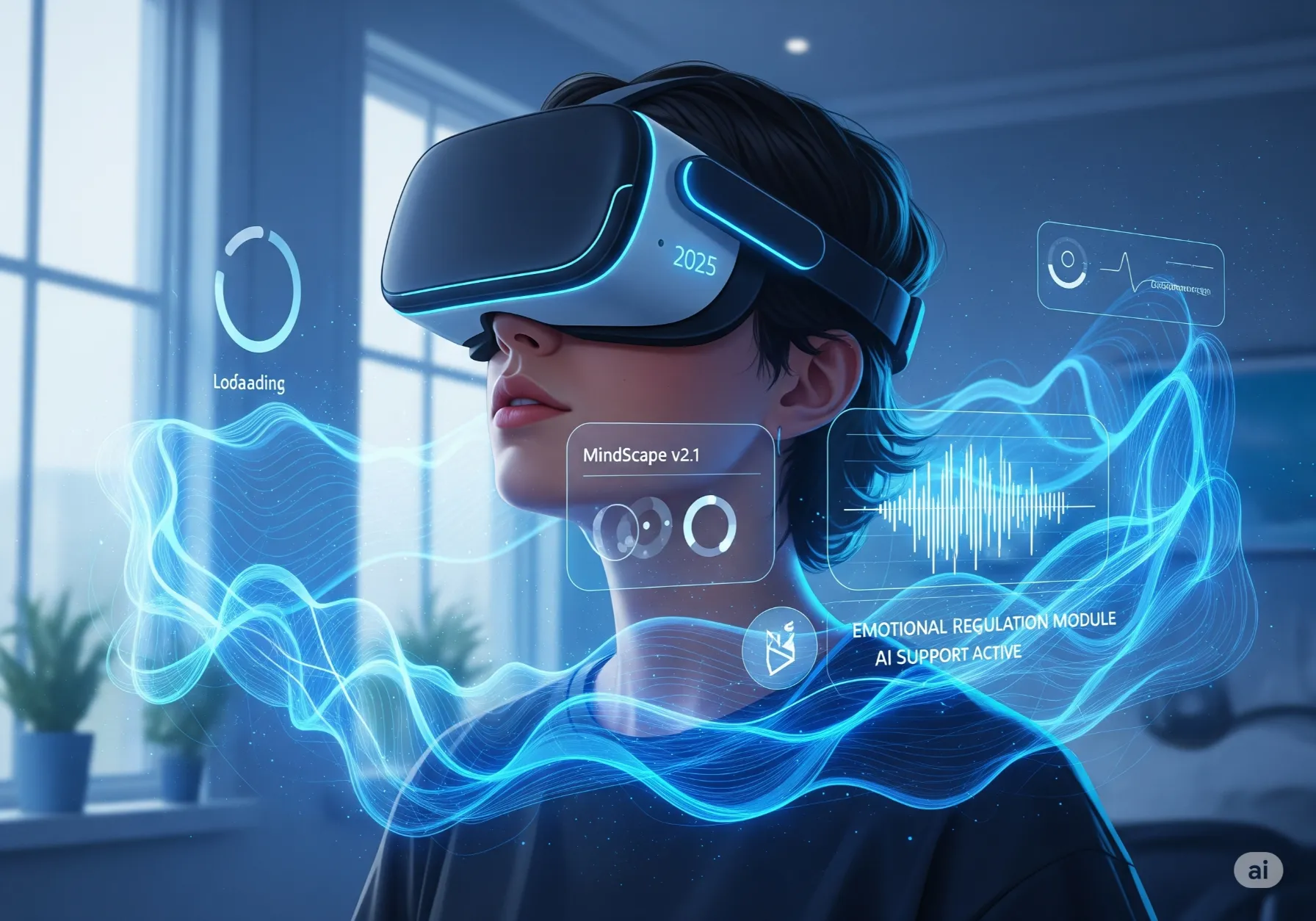


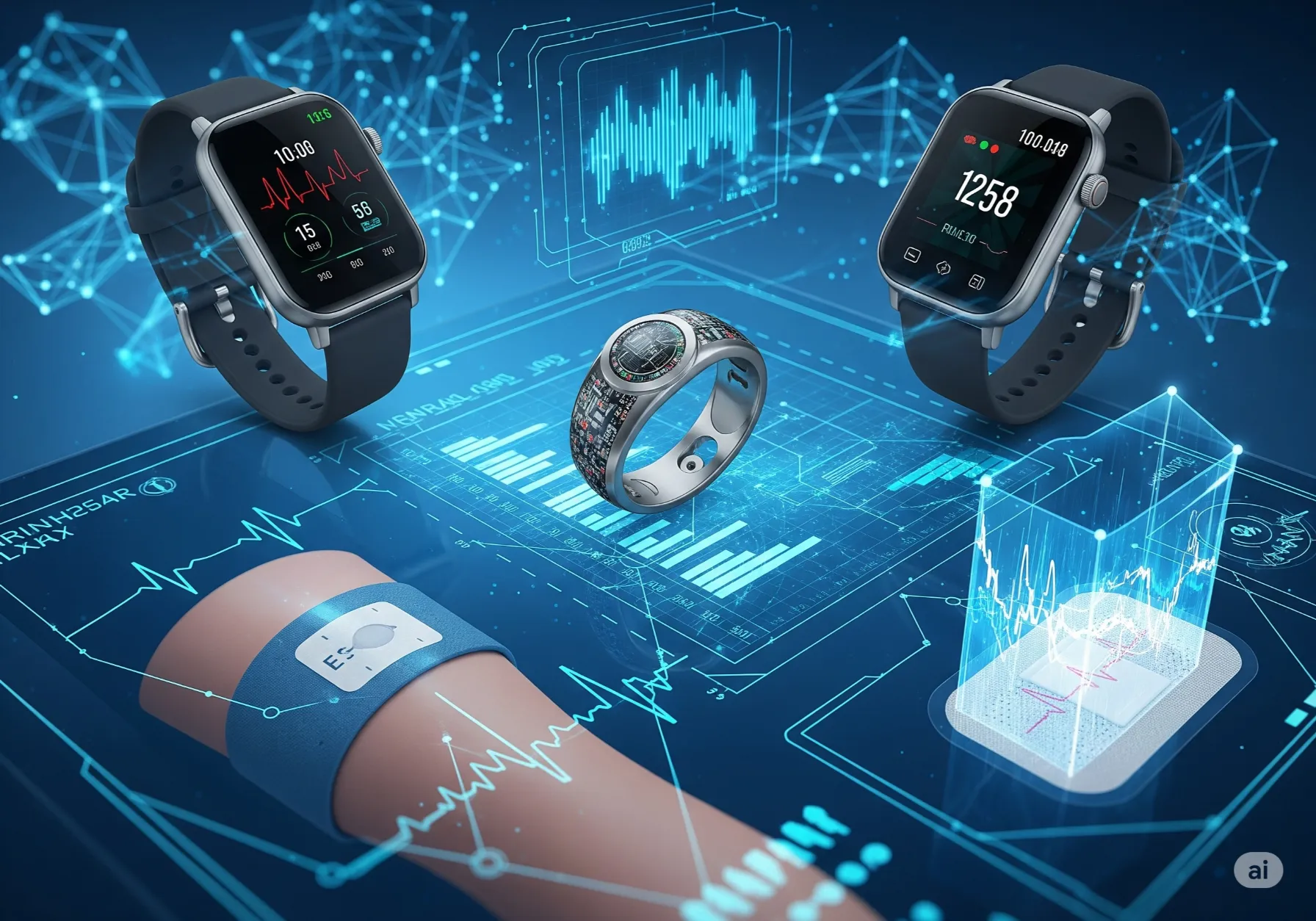
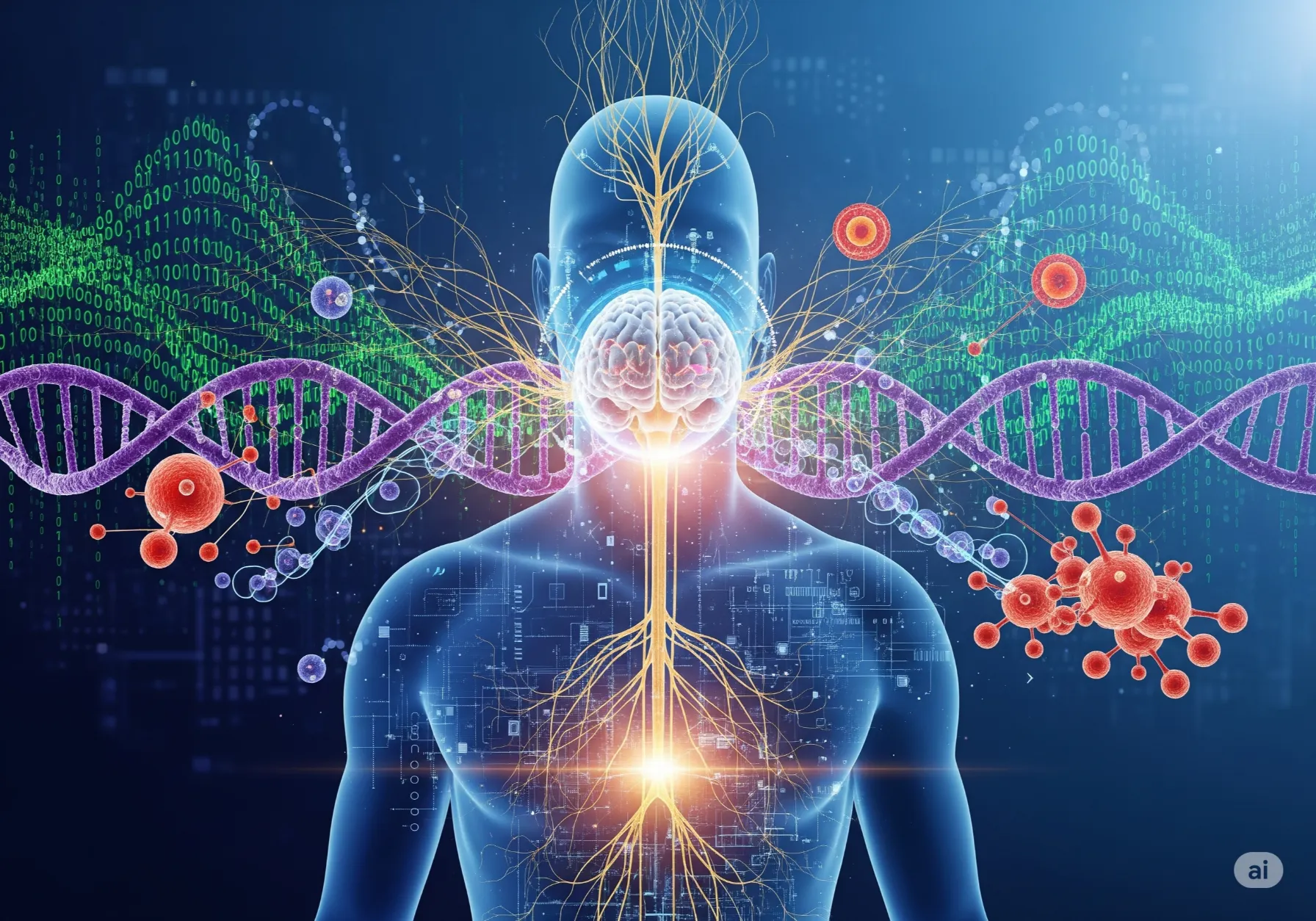


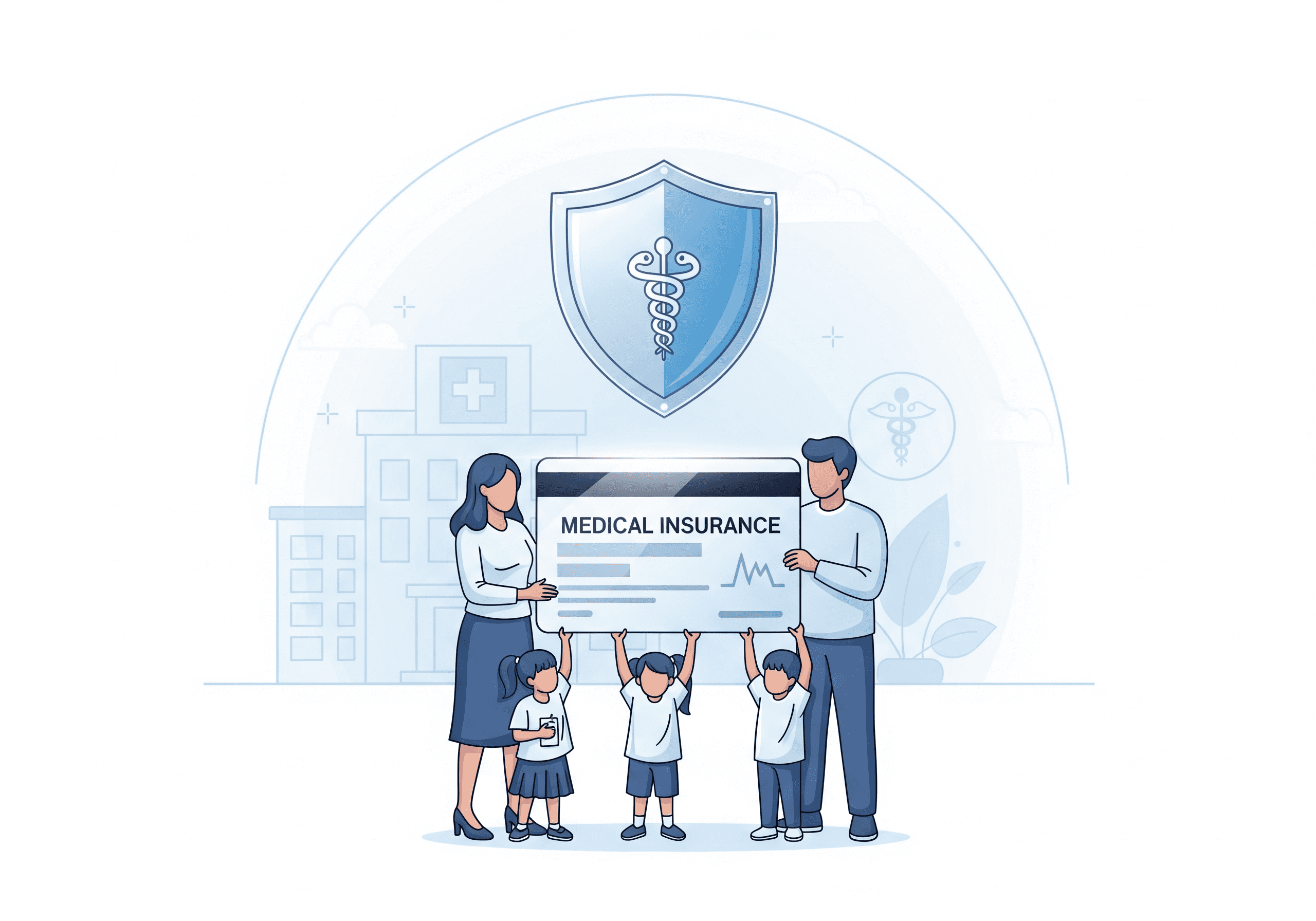
🔋 🔔 Notice - 0.9 BTC pending. Open account > https://graph.org/CLAIM-YOUR-CRYPTO-07-23?hs=6189a6db67f9b9fbea1b7f5f6e6e2a58& 🔋
jkf01e